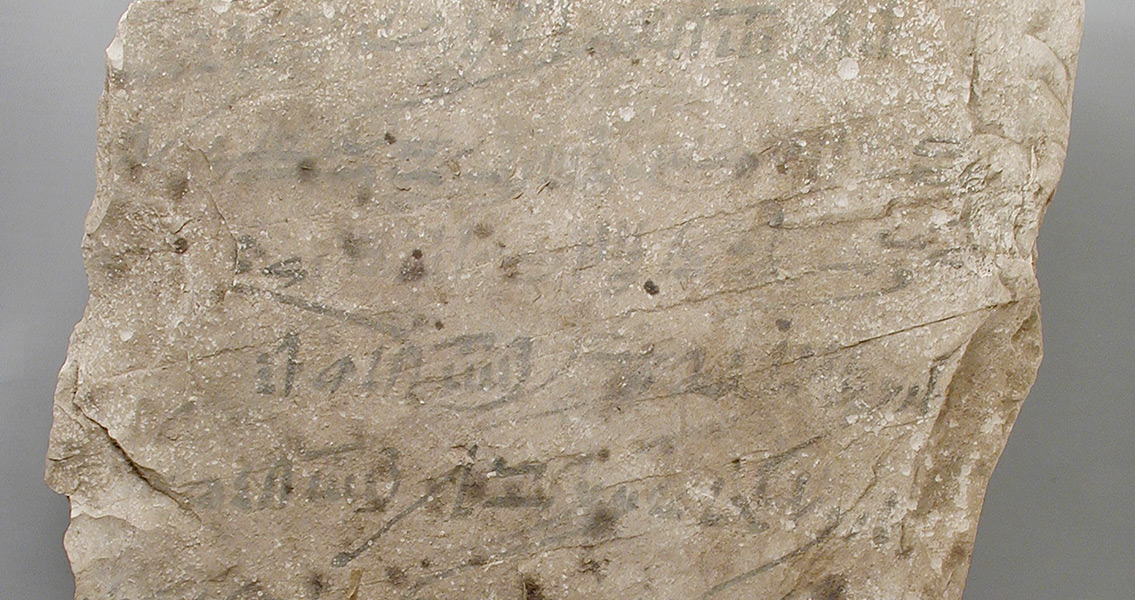<![CDATA[ "In this world nothing can be said to be certain, except death and taxes." Benjamin Franklin's famous phrase was as poignant in 1789 as it is now. A new discovery shows that we should possibly be thankful to live under modern tax laws, rather than those of antiquity. A recently translated ancient Egyptian tax receipt reveals an eye-wateringly high level of taxation. Written on a piece of pottery in ancient Greek, the receipt states that a person - their name is sadly illegible - and his friends paid a land-transfer tax of 75 'talents', with an additional 15-talent charge added on. A talent was an ancient unit of mass and was primarily used as a commercial weight. Approximately, a talent was the mass of water required to fill an amphora. An Egyptian talent was around 27 kilograms (60lb), a Greek talent was slightly smaller, weighing around 26 kilograms (57 lb.) The tax, paid in coins, was delivered to a public bank in Diospolis Magna, also known as Luxor or Thebes. The receipt is marked with a date which corresponds to 22nd July, 98 BCE. Paper money was a much later invention and a single coin would not have been worth a talent. In monetary value, one talent equaled 6,000 drachma, so the 90 talent tax was worth 540,000 drachma. For means of comparison, an unskilled worker from the time would have made about 18,000 drachma in a year. "It's an incredibly large sum of money," said Brice Jones, a Ph.D. student at Concordia University in Montreal, responsible for translating the text. "These Egyptians were most likely very wealthy." In 98 BCE, the highest-denomination coin was probably worth no more than 40 drachma. As such, it would have taken 150 of these coins to make a talent, and 13,500 of them to equal 90 talents, explained Catharine Lorber, a scholar of Egyptian coins not involved in Jones' work. A 40-drachma coin would have weighed about 8 grams (0.3 ounces). 90 talents worth of these coins would have weighed over 100 kilograms (220 lb.) It is thought that the 15 talent charge is an indication that the people paying the 75-talent tax may have been penalised for the manner in which they paid their bill. People paying land-transfer tax often incurred extra charges for not paying the bill in silver — a charge that was called "allage." "This was an exchange fee imposed on bronze currency when it was used to pay an obligation that legally should have been paid in silver," Lorber said. A reason for this allage could have been that around 98 BCE the Egyptian political system was in turmoil. Egypt was ruled by Pharaoh Ptolemy X, who was involved in a power struggle against his brother. Extra charges on land tax could indicate Ptolemy X was trying to maximise his income in order to better protect his throne. The ancient tax receipt offers important clues for understanding this tumultuous period of Egyptian history. Jones is set to publish his findings in an upcoming issue of the Bulletin of the American Society of Papyrologists. For more information: www.bricejones.com Image courtesy of Wikimedia commons user: Fæ]]>
Eye-Watering Ancient Egyptian Tax Receipt Found
